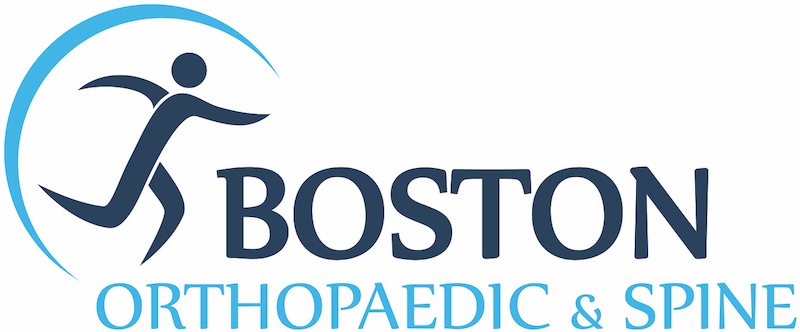Unraveling ACL Injuries:
When to Seek Orthopedic Care for Your Knee
All blogs reviewed by Physicians for accuracy.
Knees are amazing joints that allow us to run, jump, and dance to our heart’s content. But sometimes, they need a little extra attention. If you’ve ever experienced that sudden, sharp pain while pivoting or landing from a jump, you might have wondered about your ACL. Fear not, for this blog post is here to shed light on common ACL injuries, how to recognize them, and when it’s time to consult an orthopedic surgeon at Boston Orthopaedic and Spine.
Understanding the ACL:
First things first, let’s meet the star of the show – the anterior cruciate ligament, or ACL. This ligament runs diagonally through the middle of your knee, providing stability and preventing your shinbone from sliding too far forward. It’s a vital player in maintaining knee-joint function, especially during activities that involve sudden changes in direction or high-impact movements.
Common ACL Injuries:
ACL injuries often occur in situations where the knee experiences a sudden change in direction, a forceful landing, or a direct blow to the knee. The two most common types of ACL injuries are:
- ACL Sprains: These occur when the ligament is stretched or partially torn. This can cause discomfort, swelling, and difficulty moving the knee. You might notice a popping sensation at the time of injury.
- ACL Tears: A complete tear of the ACL is a more severe injury. It often results in immediate pain, swelling, and an unstable feeling in the knee. You might find it challenging to bear weight on the affected leg.
When to Seek Orthopedic Care:
While minor knee discomfort can sometimes be managed with rest and home remedies, certain signs indicate it’s time to see an orthopedic surgeon:
Severe Pain: If your knee pain is intense and doesn’t improve with rest and over-the-counter pain medications, it’s worth consulting an orthopedic specialist.
Swelling: Persistent swelling around the knee, especially if it’s accompanied by warmth and redness, could be a sign of an ACL injury.
Instability: If your knee feels wobbly or unstable, as if it might give way, this could indicate a significant ACL problem.
Popping Sound/Sensation: Hearing or feeling a popping sound or sensation at the time of injury is often associated with ACL tears.
Limited Range of Motion: If you find it difficult to fully bend or straighten your knee, it’s time to get it checked out.
Difficulty Bearing Weight: If you can’t put weight on your affected leg without pain or instability, a visit to an orthopedic surgeon is necessary.
Recurrent Problems: If you’ve injured your knee before and are experiencing a recurrence of pain, it’s essential to have it evaluated by a specialist.
Why Choose an Orthopedic Surgeon:
Orthopedic surgeons are experts in diagnosing and treating musculoskeletal conditions, including ACL injuries. They have the expertise to accurately assess the severity of your injury and recommend appropriate treatment options, whether it’s nonsurgical management, rehabilitation, or surgery.
Your knees are your steadfast companions on your journey through life, and taking care of them is crucial. If you’ve experienced an ACL injury or are facing persistent knee pain and instability, don’t hesitate to reach out to the skilled orthopedic surgeons at Boston Orthopaedic and Spine. Early intervention and proper care can make all the difference in restoring your knee’s function, getting you back on your feet, and back to doing what you love. Remember, your knees deserve the best care possible!
